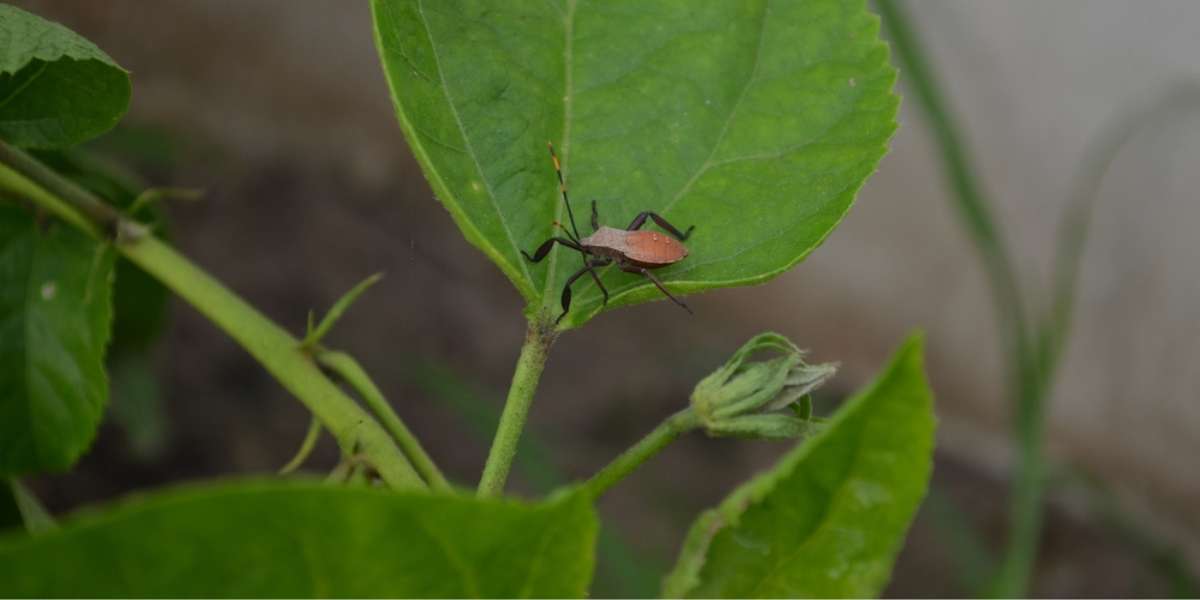Cabbage Worms
- Type: Insect
- Symptoms: Leaves display large, ragged holes or are skeletonized; evidence of dark green excrement; yellowish eggs typically found laid singly on leaf undersides by white butterflies adorned with two or three black spots on each wing.
- Control/Prevention: Employ manual removal by handpicking; utilize row covers as a protective measure; consider introducing native plants to encourage beneficial insects; promote the growth of companion plants, especially thyme; deploy sprays containing Bacillus thuringiensis, a beneficial bacterium effective against these pests.
Downy Mildew
- Type: Fungus
- Symptoms: Upper leaf surfaces show yellow, angular spots that progress into brown discoloration; development of white, purple, or gray cottony growth exclusively on leaf undersides; occurrence of distorted leaves leading to defoliation.
- Control/Prevention: Remove any remaining plant debris promptly; select arugula varieties with resistance to downy mildew; ensure optimal air circulation around plants; avoid practices that involve overhead watering, which can exacerbate the issue.
Flea Beetles
- Type: Insect
- Symptoms: Presence of numerous tiny holes in leaves, akin to the damage caused by birdshot.
- Control/Prevention: Implement the use of row covers as a protective measure; apply heavy mulching to deter the insects; consider introducing native plants that attract beneficial insect predators to the area.
White Rust
- Type: Fungus
- Symptoms: Development of chalk-white blisters, primarily located on leaf undersides; appearance of small, yellow-green spots or blisters, occasionally forming a circular pattern, on upper leaf surfaces; potential distortion or galls observed; stems may also become affected.
- Control/Prevention: Immediate removal of infected plants; prefer arugula varieties known for their resistance to white rust; implement proper weeding practices; swiftly eliminate any remaining crop residue; practice crop rotation to reduce the likelihood of disease recurrence.




